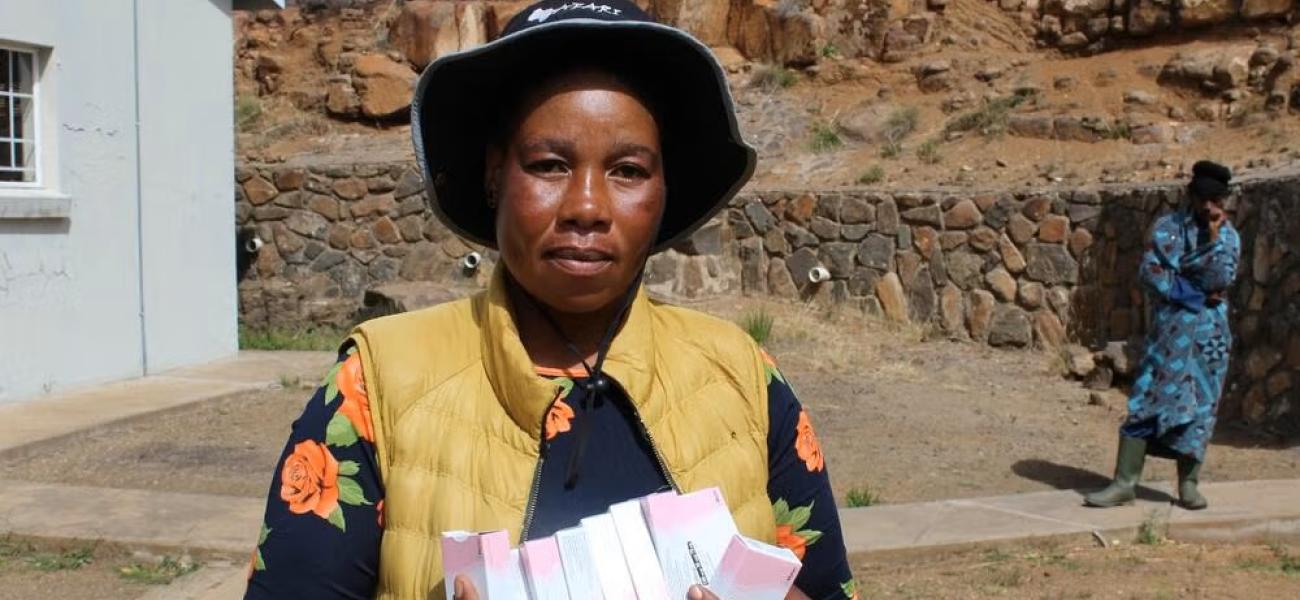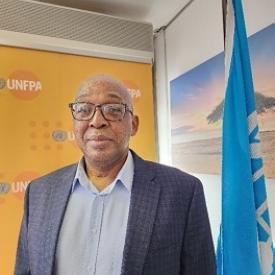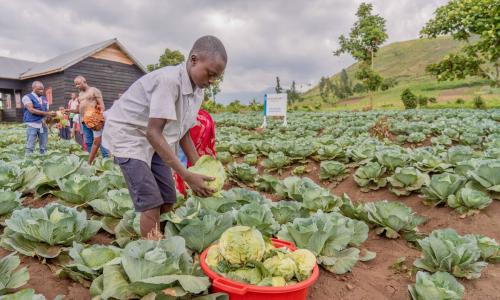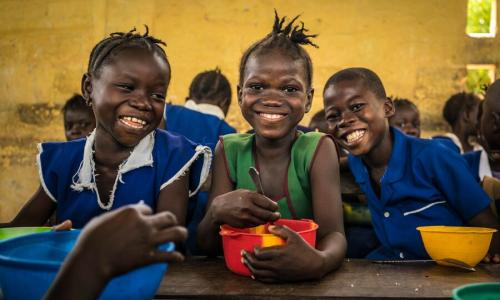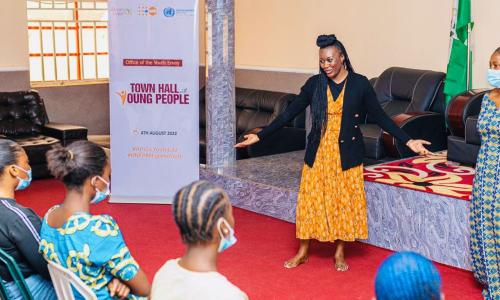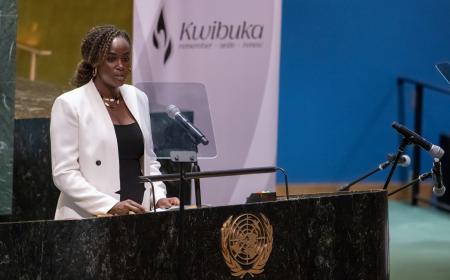Hanyane ka hanyane. Basotho proverb, reminding us that small, steady efforts build great wealth; and in a world impatient for overnight change, Lesotho is showing the power of steady, determined progress.
Over the past 20 years, the unmet need for family planning in Lesotho has dropped from 31 per cent to 12.6 per cent —one of the fastest declines on the African continent. In the rural highlands and bustling garment factories, women and girls are seizing the right to choose if, when, and how many children to have.
At the heart of this quiet revolution is community resilience. Women like 19-year-old Makhethisa, who now plans her future without fear of unplanned pregnancy. Village health workers trekking to remote mountain hamlets to deliver self-injectable contraceptives. Youth clubs where teenagers can speak openly about their hopes and choices. A mobile clinic that pulls into factory towns during lunch breaks, ensuring women don’t have to sacrifice their health for their livelihoods.
This is transformation woven at the grassroots, inch by inch, story by story.
Behind the scenes, UNFPA has supported these national efforts by helping build stronger supply chains, training healthcare workers, advocating for policies that protect rights, and creating partnerships that center community voices. But the true story belongs to the people of Lesotho; they are the mothers, daughters, peer educators, nurses, and village elders who have embraced family planning not as an intervention, but as an enabler of dignity, education, and opportunity.
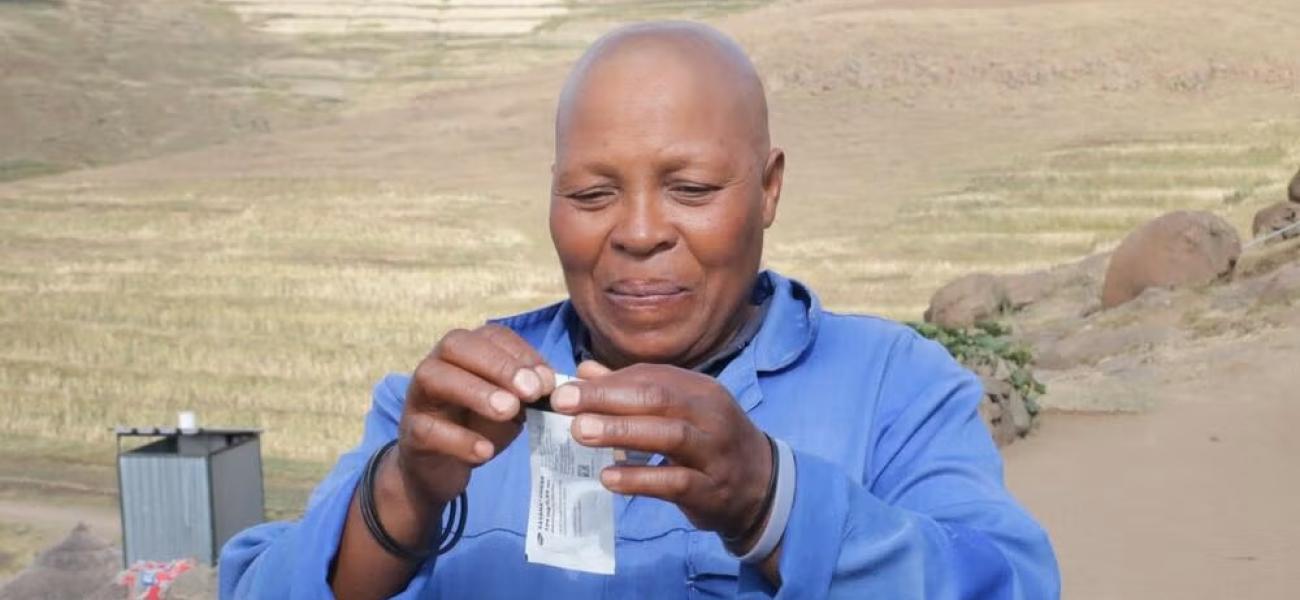
Family planning in Lesotho is not just about health; it is about freedom. It is about a young woman who finishes school instead of dropping out. The mother who spaces her pregnancy and returns to the workforce. The community that invests in every child, because every birth is planned and welcomed.
And when family planning thrives, so does progress in HIV prevention, maternal health, and gender equality.
As Lesotho moves toward the goal of zero unmet need for family planning by 2030, the next steps are clear:
- Reaching the most remote communities through mobile services and outreach.
- Deepening youth engagement and making services adolescent-friendly.
- Strengthening supply chains so that no woman walks away empty-handed.
- Anchoring family planning within universal health coverage and national development plans.
Hanyane ka hanyane. Step by step, one life at a time, Lesotho is building a healthier, more hopeful future.
The world should take notice. If a small mountain kingdom can halve its unmet need through community action, leadership, and perseverance, so can many others.
Let Lesotho’s story reminds us that change does not need to shout. Sometimes, it moves quietly, steadily until the future has been reshaped.
